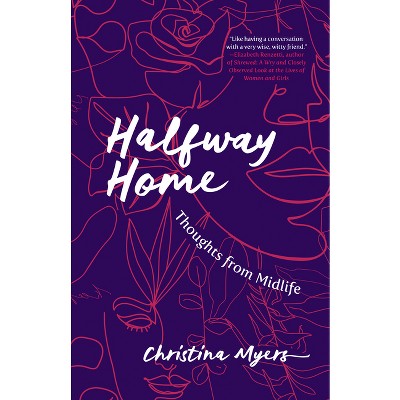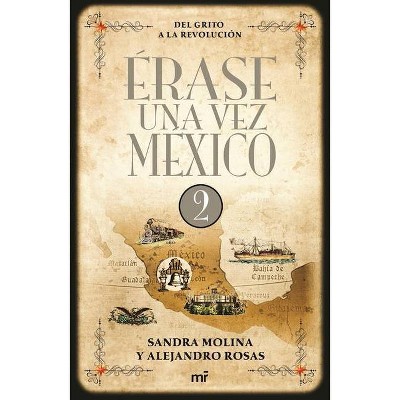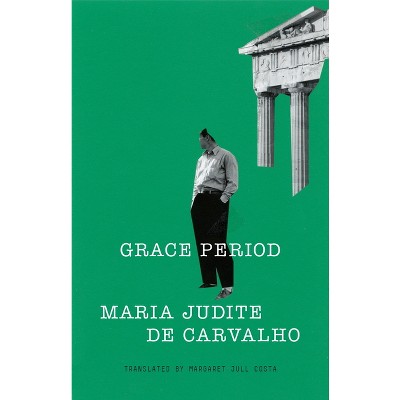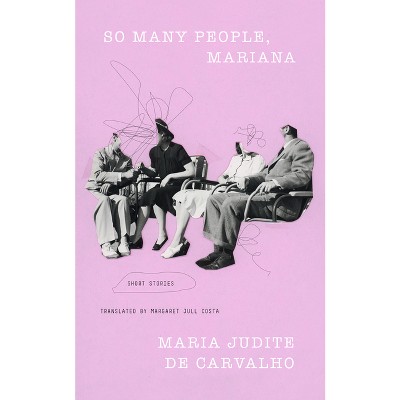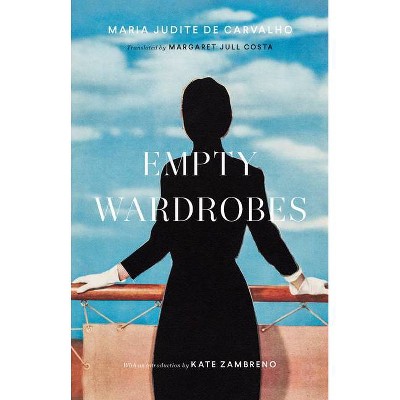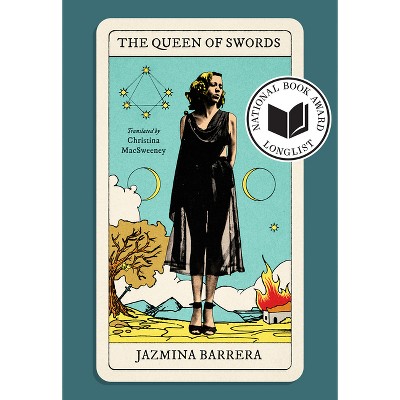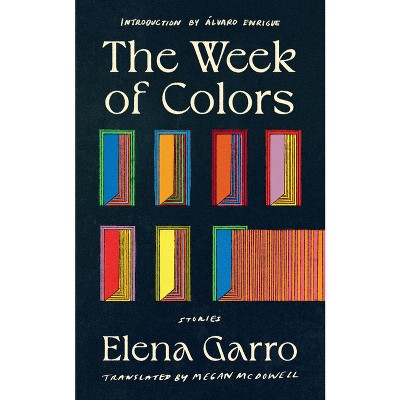Sponsored

And How Have You Been? - by Maria Judite de Carvalho (Paperback)
Pre-order
Sponsored
About this item
Highlights
- A definitive collection of all the late stories of the Portuguese master of the short form, Maria Judite de Carvalho, translated into English for the first time by Margaret Jull Costa.
- Author(s): Maria Judite de Carvalho
- 456 Pages
- Fiction + Literature Genres, Women
Description
Book Synopsis
A definitive collection of all the late stories of the Portuguese master of the short form, Maria Judite de Carvalho, translated into English for the first time by Margaret Jull Costa. In her usual, incisive prose, Carvalho returns to what really threatens us, not the sea or witchcraft or a lion with watchful eyes, but people and time. She has visions of an empty future of machines and no more art, a vision that looks more and more prophetic. And she tangles with aging, all the regrets over things people wanted but her characters weren't capable of, or didn't want to, give.
And How Have You Been? reckons with what it means to be human over a lifetime, the small triumphs that recede into the mist of memory, the losses that stay razor-sharp. And always, Carvalho writes with unexpected candor and without apologies.
Review Quotes
Praise for Maria Judite de Carvalho
"Executed as precisely and without sentiment as an autopsy...There is no doubting the authenticity of Carvalho's vision and the originality and severity of her voice, as scathing and pitiless in her depiction of 'empty' women as in her depiction of oafish swaggering machismo." --Joyce Carol Oates, The New York Review of Books
"A taut, uneasy book, haunted by green-haired women and childhood-glimpsed beauty, and filled with bittersweet melancholy. The sale of a home shouldn't be as tension-filled and catalyzing as it is in this brilliant blade-point of a novel by Maria Judite de Carvalho"--Madeline Watts, author of Elegy, Southwest
"Through prose that is both melancholy and brutally keen, this midcentury master's eye for the scintillating detail at the heart of even the most mundane observation loses nothing in its translation from its original language, culture, or time. A fierce examination of the unexamined life."--Kirkus starred review
"Melancholic, contemplative, and often heartbreaking."--Foreword Reviews
"These stories are bold and unsparing, quietly devastating. A fearless exploration of longing and the claustrophobia of loneliness."--Kayla Maiuri, author of Mother in the Dark
"Empty Wardrobes will give you a sense of domestic life under the dictatorship: In precise, unsentimental prose, it tells the story of three generations of women overshadowed by the death of a patriarch." --Djaimilia Pereira de Almeida, New York Times
"A book about how men betray women, and how women betray each other...a work that does not hesitate to expose the cruelties and power grabs that lie beneath marriage, and how quickly society discards aging women." --Rhian Sasseen, Paris Review
"The specter of the patriarchy looms over this mid-20th century tale like depression itself. With the astringent wit of Natalia Ginzburg, Empty Wardrobes is a spellbinding book of domestic disorder that sparks with bitterness and humor." --Lauren LeBlanc, Observer
"Margaret Jull Costa's translation hits not a single false note. The text has an antique finish without being dated...The novella manages to cast the eye of a worried oracle on an entire nation." --Asymptote
"Translated from Portuguese by the award-winning and prolific translator Margaret Jull Costa, the novel is rendered in clear, finely-wrought prose. Not a single word feels wasted or misplaced. ...one of those rare, transcendent works." --The Rupture
"Superb." --The Modern Novel
Shipping details
Return details
Frequently bought together



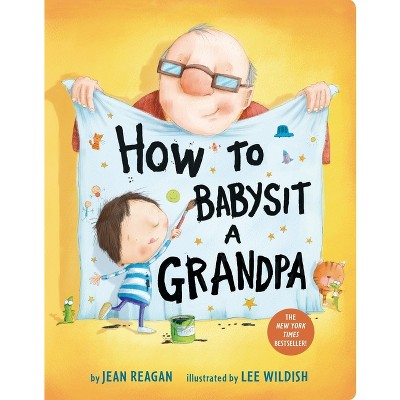
Trending Literary Fiction






